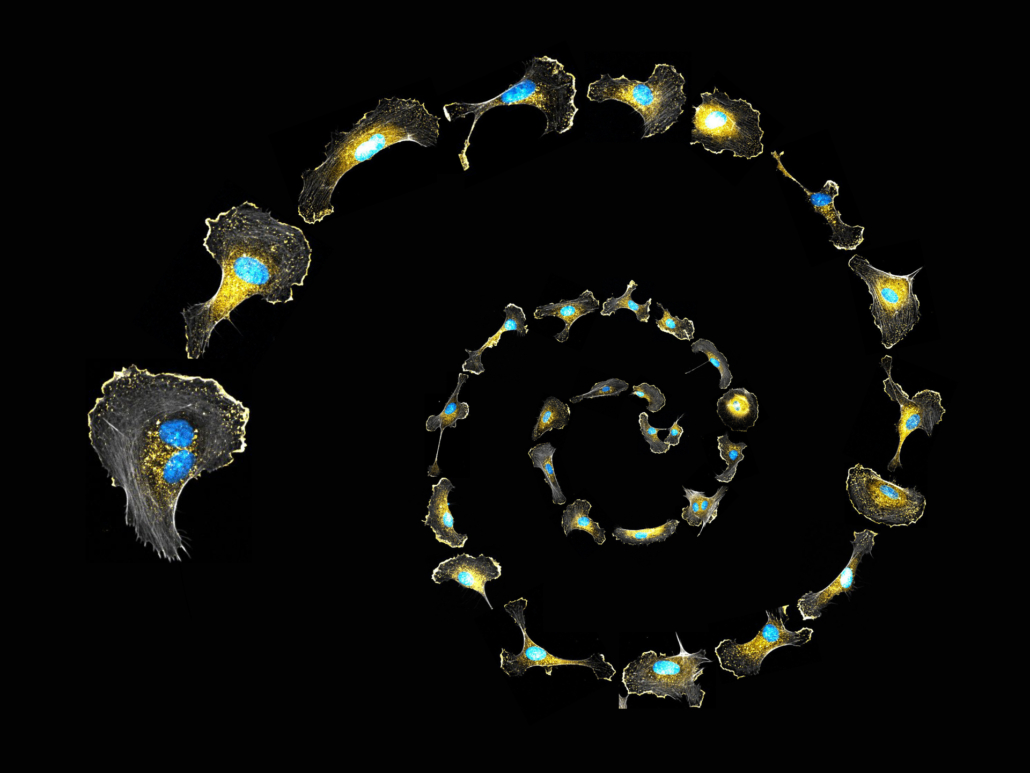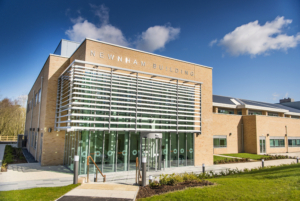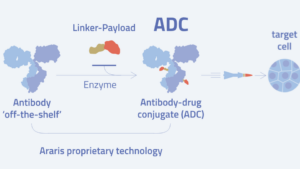
How stroma cells trigger tumour angiogenesis
Analyses of the stroma cell proteome have revealed how intratumoral hypoxia triggers the formation of dysfunctional blood vessels that block drugs from entering the tumour and push metastasis.
In Science Signalling, a team of UK researchers headed by Sara Zanivan report they identified a factor secreted by tumour stromal cells under hypoxic conditions of the tumour microenvironment that promotes the formation of blood vessels with dysfunctional endothel that blocks chemotherapeutics from entering tissue. When they analysed the secreted part of the proteome of cancer-associated fibroblasts (CAFs) taken from breast cancer tissue, which make up a good part of the tumour stroma, they found that the pattern of secreted proteins changed under oxygen starvation generated by the cancer cells.
One of the proteins that CAFs secreted only when they were hypoxic stimulated the cells to release VEGF, which stimulated proangiogenic signaling in endothelial cells. The authors named this protein HIAR, for hypoxia-induced angiogenesis regulator. Silencing of HIAR abrogated the pro-angiogenic and pro-migratory function of hypoxic CAFs by decreasing secretion of the pro-angiogenic factor VEGFA and consequently reducing VEGF/VEGFR downstream signaling in the endothelial cells. As drugs that directly target VEGF signaling have not shown great success in treating cancers, even though VEGF signaling is associated with tumour progression and metastasis, this authors recommend to target HIAR to stop tumour angiogenesis.



 Microbiotica
Microbiotica Araris Biotech AG
Araris Biotech AG